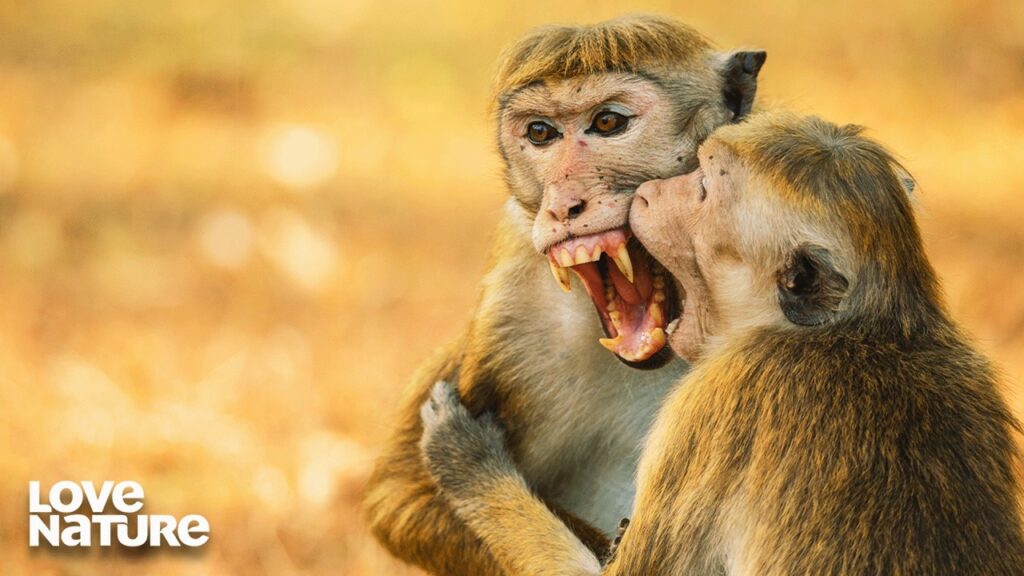
A sudden and severe drought has struck Monkey Island, threatening the survival of the island’s highly social and tightly knit monkey troops. The unexpected dry spell has drastically reduced the availability of freshwater and edible vegetation, creating an urgent crisis for the primate population.
Monkey Island, a lush sanctuary known for its diverse monkey troops and rich tropical ecosystem, has long been a haven for wildlife. The island supports various species of monkeys that rely on the natural water sources, fruit-bearing trees, and insects for their daily sustenance. However, over the past few weeks, rainfall has ceased entirely. Streams have dried up, and the once-dense canopy now stands parched under the scorching sun.
Experts monitoring the island’s ecology report alarming changes in monkey behavior. Troops that once roamed freely and cooperatively are now becoming increasingly territorial and aggressive. Fights over shrinking waterholes and fruit trees have escalated. Social structures are beginning to fracture as dominant individuals hoard the remaining resources, leaving weaker or lower-ranking members to suffer.
“Without a reliable water source, these troops face dehydration and starvation,” explains Dr. Elena Morales, a primatologist studying Monkey Island’s ecosystem. “We’re seeing increased stress levels, more inter-troop conflicts, and even separation from long-established family units.”
In addition to behavioral changes, there are growing concerns over disease and malnutrition. With fewer hydration options, monkeys are resorting to unsafe or stagnant water, increasing their risk of illness. The lack of diverse food is also taking its toll. Juveniles and nursing mothers are particularly vulnerable, as they require higher nutritional intake.
Researchers and conservationists are scrambling to implement emergency measures. Some teams have begun to install artificial water stations and distribute supplemental food sources in the most affected zones of the island. However, the logistical challenges of maintaining supply and avoiding disruption to natural behavior are immense.
The drought also highlights broader environmental concerns. Climate change is suspected to be a driving factor behind the unexpected weather pattern. Historically, the island’s weather has been consistent, with seasonal rains maintaining ecological balance. The sudden absence of rainfall could signal a larger pattern of climate disruption, threatening not just Monkey Island but similar habitats across the region.
“This situation is a wake-up call,” says Dr. Morales. “We need to take immediate action not just to save these monkeys, but to understand how human-driven climate shifts are endangering even isolated ecosystems.”
As the drought persists, the fate of Monkey Island’s troops hangs in the balance. Conservationists hope that swift intervention and a return to more stable weather conditions can prevent a full-scale ecological collapse. For now, survival hinges on cooperation—both among the monkeys and the humans racing to save them.


